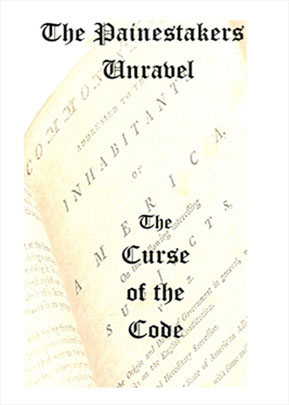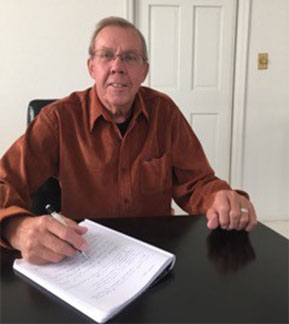Author
I was born and raised in Northwest Iowa. There were 12 of us altogether, two girls and 10 boys. It was understood that we were all siblings but that is not
universally accepted. Occasionally a new brother would arrive on the farm, already walking and one was even toilet trained. That, of course, was not a big deal since we had no toilet.
The last time I remember it happening was in 1948 when three kids arrived the day after Dad went to the Sioux City orphanage to drop off food. These three were actually called “step’ children.
Not because they had a different father or mother, but when standing side by side, they looked like a staircase.
And just so you know I’m not coming at you from out of left field. Shortly after Dad’s death, we found a partially used pad of birth certificates in the old safe. There’s that, and also the fact that some of us are really good looking while others, well, it’s best not to say.
My time on the farm coincided exactly with the Great 17 Year Depression. Only later did I discover that Depression only affected Northwest Iowa and China. That explains why, after each meal, strange people with little bamboo boxes would scrape off our plates.
Anyway, at 17 I struck out on my own and managed to accumulate two years of college credit before I was asked to volunteer in the Army. Fortunate enough to get assigned to Korea instead of Vietnam, I spent my thirteen months there corresponding with a beautiful young lady whose apparent mission in life was to read letters from lovesick soldiers. We were married two minutes after I was discharged. Marlene taught school in Seattle while I finished college. I received my BA in 1969.
We moved to Denver that same year where I did pension plan management and corporate tax work for the Gates Rubber Company. While there, I saw every trick in the book about legal tax avoidance. I also prepared thousands of individual tax returns for factory workers and even people in executive positions. To be honest, I built up more wealth using my tax knowledge to make investments than with my salary.
The fact that tax policy could be such a factor in making routine decisions about investments, retirement planning, budgeting, and even health care seemed to me terribly inequitable. Nonetheless, I took full advantage of those opportunities and tried to assist my clients likewise.
But some of those clients, single mothers, immigrants from Vietnam, and poor people in general, did not have the disposable income needed to save via the company 401(k) plan or to even accumulate enough to make a down payment on a home. I recognized that these people were victims of the system. The very citizens that most needed help were getting stiffed by their own country. It was then I became an advocate for tax reform.
Of course, advocating against Congress, Wall Street, and Big Business, even with my magnanimous personality, was akin to pounding steel posts in the ground with my head. However, now that I’m retired, I have more time to reflect. I realize it’s more than just bad and inefficient tax policy. It’s social injustice. My hope is that “The Curse of the Code” will encourage others to join our cause.



